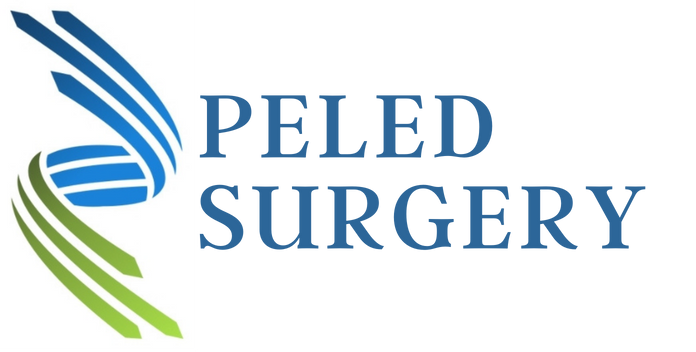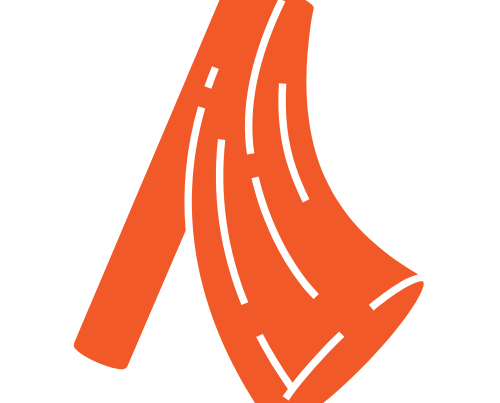Nerve blocks are very powerful tools in helping to determine whether or not a particular person is a good surgical candidate. Nerve blocks are simply injections of local anesthetic which will last several hours depending on the type of local anesthetic used. Every once in a while, these blocks will last a shorter period of time (e.g. 2 hours) and occasionally they will last much longer (e.g. a day or more). As you might glean from this description, nerve blocks are good diagnostic modalities, not treatment modalities. In other words, if the issue is a mechanical compression of a nerve, they will ultimately not fix your problem, but will help determine which nerve or nerves may be causing your problem. Here is a good analogy: if you hurt your knee skiing and get an MRI which shows that you’ve torn your ACL (anterior cruciate ligament), the MRI doesn’t fix the problem, but it will tell the orthopedic surgeon what the problem is and what the problem isn’t (e.g. you didn’t tear your meniscus or fracture a bone). As a result, the orthopedic surgeon knows what to fix and can give you some guidelines as to what recovery will be like and what rehab will be required, etc. It is therefore helpful to think of these nerve blocks as being like the MRI.
Patients must understand that nerve blocks must be done sequentially so that the treating physician is able to determine the possible involvement and approximate degree of relief you are likely to obtain if you ultimately operate on the nerve just blocked. Stated differently, if you come to the office with 9/10 severity pain and you block 3 nerves with one injection and your pain goes to 0/10, even though that is a nice degree of relief you have no idea which nerve that was just blocked was responsible for that result because you blocked all of them at once. Therefore, these blocks have to be done with relatively small amounts of local anesthetic and in such a way so as to minimize the chance of blocking more than 1 nerve at one time. In this way, the operative surgeon may determine which nerves need to be addressed during an operation and will also give the patient a sense of the degree of relief possible, on a permanent basis and ideally without the associated numbness since many nerves are not transected (i.e. cut), but rather decompressed and subsequently allowed to recover thus preserving sensation.
In years past, although it might seem a bit odd, Botox was useful in the work-up to determine whether surgery would be successful. Many of the nerves which can cause headaches can be compressed by muscles. Since Botox works by relaxing muscles, it may produce results similar to that which can be experienced with surgery. As with nerve blocks, these injections must be performed in a very specific way, by someone with a thorough understanding of the anatomy which is being addressed. As a plastic and peripheral nerve surgeon, Dr. Peled had injected Botox hundreds of times for cosmetic as well as diagnostic reasons. The primary advantage of Botox over nerve blocks is that if you obtain relief, it may last a few weeks or even months. However, use of Botox in such situations also has many disadvantages which now are felt to outweigh any possible advantages. Specifically, Botox can typically take several days to become effective thus requiring multiple office visits in order to identify each nerve involved. Furthermore, it has now been well established that there are multiple, non-muscular compression points for numerous nerves in the head//neck region that are thought to cause chronic headaches. If these non-muscular compression points are involved in your particular case, then Botox may not be effective, but that doesn’t mean that surgical intervention will not be effective (e.g. a false negative result). For these reasons and others (which Dr. Peled can discuss with you during your consultation), Botox is infrequently used as a diagnostic tool these days.
Find out more about nerve blocks and treating your migraine symptoms by contacting us HERE.





